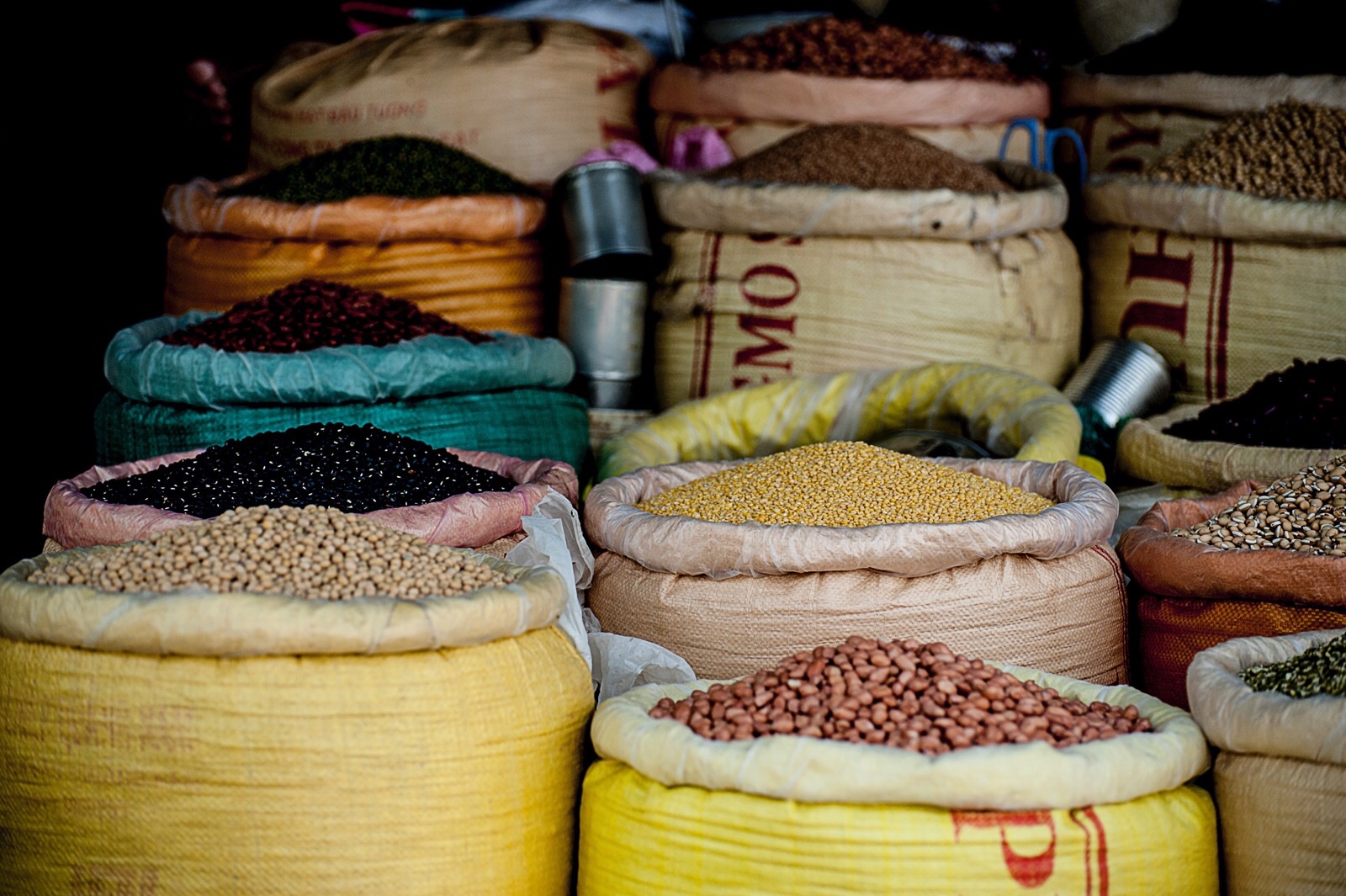Prepping From a Christian Perspective

I was reading this morning in Acts 11 about the early church in Antioch, how the believers in that city were the first to be called “Christians”. At the end of the chapter, there’s this interesting story about the believers’ reaction to a warning about hardship:
Now in these days prophets came down from Jerusalem to Antioch. And one of them named Agabus stood up and foretold by the Spirit that there would be a great famine over all the world (this took place in the days of Claudius). So the disciples determined, every one according to his ability, to send relief to the brothers living in Judea. And they did so, sending it to the elders by the hand of Barnabas and Saul. (Act 11:27-30 ESV)
The anecdotal story about the prophecy of Agabus that the world would have a famine was interesting to me, especially since “predictions” about hard times or apocalyptic situations are still common in our day. In fact, it’s just it’s possible today for something like the famine experienced by First Century church to disrupt the very fragile lives that we live in the modern world.
Over the past few years, I’ve read news articles and books that describe how an EMP could cripple America’s power grid, including stories of havoc that such a disaster would bring to our way of life. Others talk of a nuclear attacks from terrorists, a major earthquake, or a rash of severe weather. The common message and thesis of the “prepper” dialogue is that survival is dependent primarily on our efforts to prepare; stock up on canned food, water, and guns/ammo, etc.
Different Response to Doom and Gloom
However, the response of the Christians in Antioch almost 2000 years ago to the prophecy of worldwide famine was different from that of today’s “preppers”. They prepared, all right: drumming up donations and gathering resources, each as they were able. But they didn’t do this as a means of looking after their own security. Instead, the believers in Antioch were more concerned about the needs and physical comfort of their brothers in Judea.
A warning of disaster brought a reaction of self-denial, not self-preservation from these people who called themselves Christians. It is an inspiring statement of their faith in God and love for their brothers that they would think first of helping other people in another city far away instead of worrying about the potential disaster that could be facing them and their families.
Responsibility For Family
I’ve been thinking about this more specifically in the last few weeks since I have been reading the Laura Ingalls Wilder series of books aloud to my kids. Most recently, we just finished The Long Winter, where Laura tells the story of and incredibly difficult time that her family experienced in the Dakota Territories, surviving a cold and harsh winter with very little fuel and food. As I read the story to my children, I had to think of what it would be like to be in the position of father and husband, struggling to provide food, warmth, and shelter for my family against impossible odds.
The story from Acts 11 bolstered my faith this morning as I was reminded, through the example of the church in Antioch, that God cares about my needs and will provide for them, whether I am facing a time of hardship or not. This stabilizing truth allows me to shift my focus off of myself and onto the needs of others. I realized that when I’m afraid about my ability to provide for my family, it’s usually because I’m looking at myself, instead of at God. I forget that it’s God who actually provides for my family (sometimes through my efforts), and that He cares for and loves my wife and children more than I ever could.
Final Thoughts
Thanks to this morning’s insight, I’m now much more motivated to try this kind of “Christian prepping”; to look at the threats in the future not as something that I should fear or worry about for myself, but instead as incentive to meet the needs of others for the glory of God.